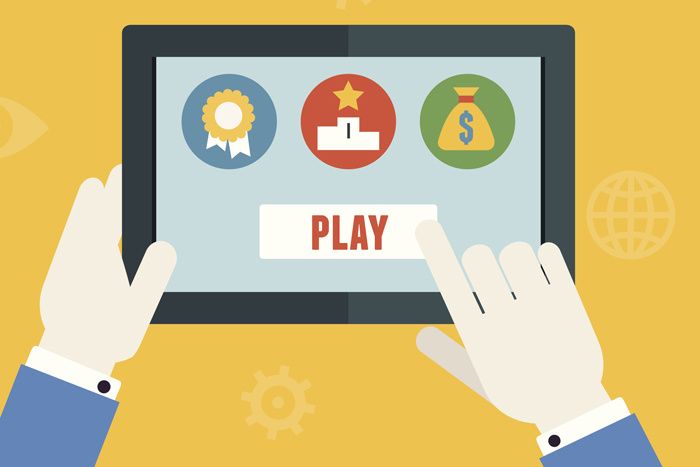How to Gamify Work, Feel Joy and Avoid Burnout?

Updated: January 2023
The last three years have been very difficult for humanity. Now I feel I somehow looking back all was in the past. But a year ago, the effects of the pandemic were a lot more fresh and visible. We were hit hard from where we did not expect. Essential workers had to face risks every day while most of us moved our workspaces to our homes and lines got blurred between work and our personal lives.
As a result, unpleasant situations like burnout and imposter syndrome have risen up among workers. Actual numbers are, according to "Anatomy of Work" research by Asana in 2021, 79% of new hires and 57% of tenured employees have experienced imposter syndrome in 2020.
In time, some of us learned to deal with it by setting some kind of logical or physical boundaries between work and private life. However, the struggles of unsustainable work culture are still there. This culture says that we have to work harder than everyone else to get ahead in the game. We should be putting in long work hours. We should get serious and get to work!
We have made believe that play has no place at work. However in the book “15 commitments of conscious leadership” the authors mention that in serious work, fear of failure destroys joy and motivation. It is only natural that a person gets stressed out when they are focused on not failing instead of enjoying. That is why it’s not sustainable.
The sense of play
On the contrary, when we are playing, we have the feeling of joy, we are focused and isolated, and we lose track of time. It is so motivating that we want to do it again.
But can you actually remember that feeling? What was the last time you had a sense of play? Today’s adults associate playing only with children. That is an unfortunate perspective. Give a listen to what George Bernard Shaw says:
“We don’t stop playing because we grow old; we grow old because we stop playing.” -George Bernard Shaw
Actually, I don’t believe that playfulness completely dies inside of us. It’s always there, it comes out when we make jokes or dance to the music we love. We only need to let it go.
So why don’t we bring this sense of play into our work? It helps us to be more creative and more motivated and we want to do it again. That sounds like the formula for success.
For those who are looking to change things and do the work that they love, this question can be helpful: “What do I like to play and how can I incorporate it into my work?”
Problem-solving is an essential part of my work and also the part I enjoy the most. That is when I go into a playful flow state. I realized that the reason I feel that way is, I often see it as a game where I need to come up with creative ways to solve a puzzle. When I do, I win the game, and I want to do it again.
Putting it to work
What if work is a game that we strategize our path to success, and we are the players?
Listen to yourself and understand your gamer persona. What do you enjoy doing the most? What puts you into a playful flow state? What makes you lose track of time? Are you a strategy-maker or an explorer or a creator or something else?
Imagine yourself playing work for a moment. You are breaking down that beast project into smaller chunks of tasks, there is your strategy. You share responsibilities with your team in multiplayer mode. Passing through the milestones and collecting experience points. Hitting your enemy blockers with your creative solutions to reach to the end of the part. New success adventures unlocked!
Energy management plays a big role in feeling joy at our work and in our lives in general. Prioritizing rest and breaks can also help us up our game. At the end of the day, an exhausted mind and body can play only so much. In their HBR article “Manage your energy, not your time” Tony Schwartz and Catherine McCarthy say that time is a finite resource but energy is a different story. You can increase your energy to achieve more by embracing the sense of play and having rest.
So with all that in mind, when things get tough let’s take that as a challenge, read the gameplay well, know our strengths and weaknesses, analyze the environment, draw our path to success, and hit play. Enjoy it. And do it again.
Member discussion